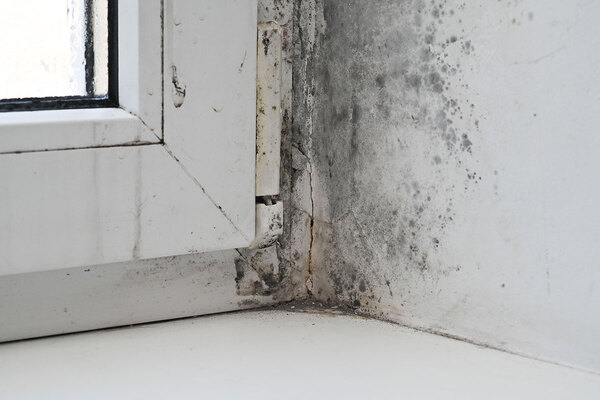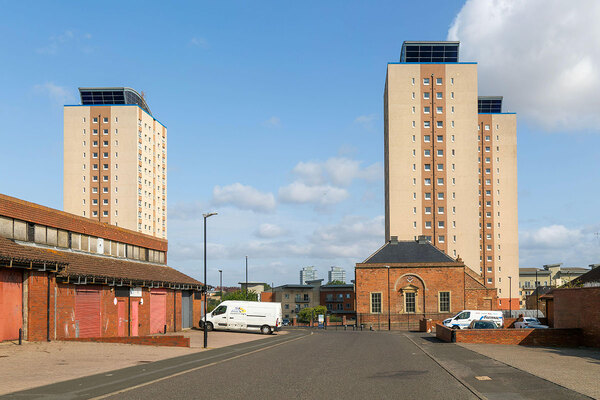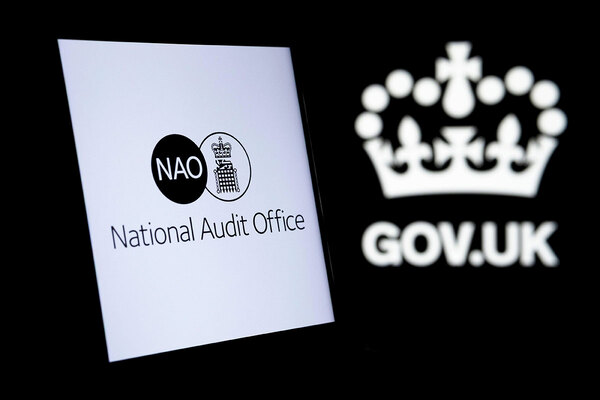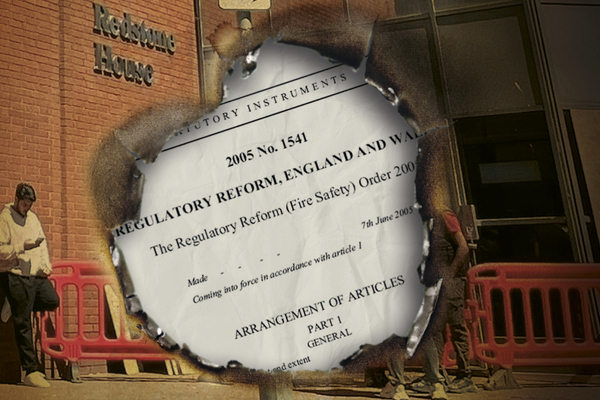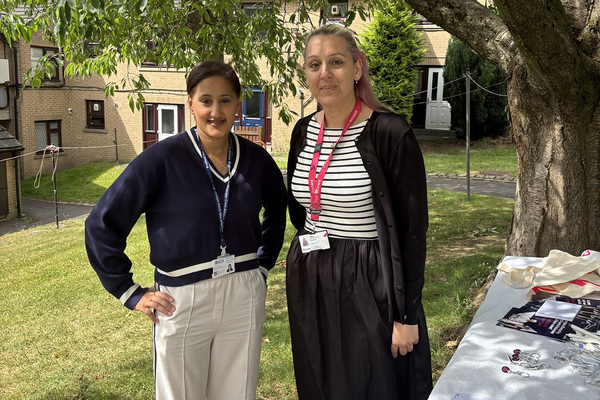You are viewing 1 of your 1 free articles
Ombudsman’s special report into Lewisham Council raises doubt landlord will be ready for Awaab’s Law
The Housing Ombudsman’s special report into Lewisham Council has found multiple failings on property hazards, and cast doubt on whether it will be ready for the changes about to be brought in under Awaab’s Law.
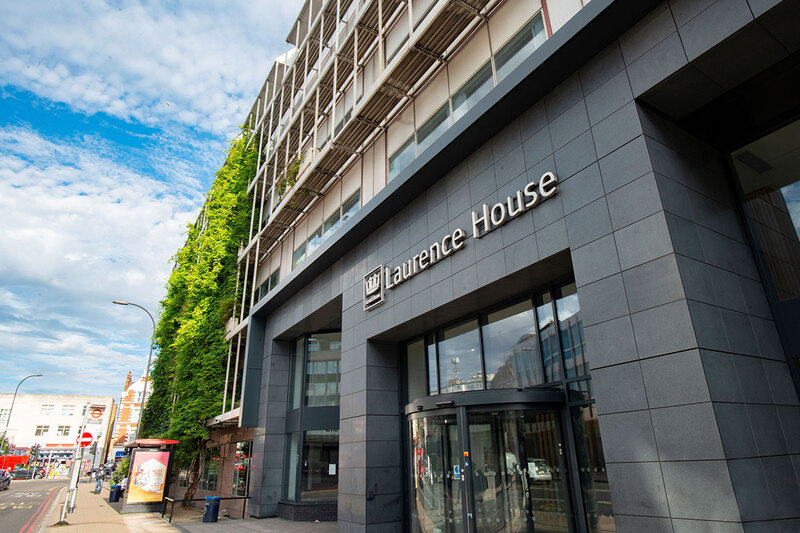
According to the watchdog’s 48-page report into the south London borough, 24% of its 21,000 homes did not meet the Decent Homes Standard in September 2024.
The leading cause of non-decency was damp and mould, with 3,295 cases open at the end of September.
The council admitted to not using the Housing Health and Safety Rating System (HHSRS) to assess damp and mould or category 1 and 2 hazards.
Awaab’s Law, which comes in this month and uses the HHSRS, requires landlords to investigate potential significant hazards within strict timeframes.
But council staff spoke of delays due to the lack of available surveyors and said that while it aims to assess damp and mould within 24 hours, “at present that is unlikely”.
“While the landlord has until [27] October 2025 to be prepared for the changes, it does not currently appear to be in a position to fulfil them,” the ombudsman said.
However, since the ombudsman’s visit at the start of 2025, the landlord has recruited seven new surveyors.
The ombudsman also said the landlord must “change its approach” to damp and mould, highlighting one case of a mother with two young children, one of whom is disabled and asthmatic, living in a damp and leaky home for years.
Despite multiple surveyor visits recommending repairs, the landlord did not carry out any work.
A third inspection found that the problems were getting worse with a risk of a ceiling collapse, yet it still took two more months to arrange repairs to address the danger.
Other damp and mould cases showed the landlord applying temporary fixes, such as mould washes, to ongoing problems, the report found.
Richard Blakeway, the housing ombudsman, said: “The landlord is on a long road towards improvement. Its leadership realises the areas it needs to focus on and spoke openly about them.
“The landlord appears to have a stable management team in place that is focused on improving despite the many challenges councils face. It is going to be a challenge and will take skill to ensure the landlord is concentrating on the priority areas while not allowing other areas to suffer.”
The Spotlight report also flagged government data showing that Lewisham Council has maintained a “large number” of non-decent homes over the past decade.
The ombudsman conceded that the council’s ALMO, Lewisham Homes, which was brought back in-house in 2023, had been responsible for maintenance during the majority of that period. However, it was “concerning” that the number of non-decent homes did not decrease for an extended period, the report said.
It also found that residents were not “consistently afforded respect” and pointed to a “gossip culture” in the council’s call centre.
“We were provided with examples of certain staff members neglecting to log repairs on the system because they took a dislike to the resident they were speaking to,” the report said.
“Others loudly [voiced] their negative opinions of residents following calls... not leaving notes on the system, meaning there was no record of residents asking for help.”
Lewisham’s “confused” approach to data collection was also a concern, as well as issues with data storage, systems, quality and a lack of control over the information it holds.
The landlord has since made improvements, and had reduced open damp and mould cases to 1,794 at the end of July.
It is now using the HHSRS to assess mould and other hazards, and its stock condition survey has given it more reliable data on its properties. It is also collecting information about the people living in them.
In a statement provided by Lewisham Council, the council said it acknowledged the significant impact that failures in its housing services had on residents, particularly those affected by delays, poor communication and unresolved repairs.
“The cases highlighted in the ombudsman’s report are a crucial reminder of the importance of getting the basics right – safe, decent homes and respectful, timely service.
“Since the cases examined in this report (July-October 2024), we have taken decisive steps to address the issues and we appreciate the ombudsman’s recognition of the improvement work already underway.”
“Our focus remains on delivering lasting improvements, engaging openly with residents and ensuring that every lesson from complaints leads to better outcomes in the future.”
Mr Blakeway added: “I encourage all landlords, especially those in London, to read and digest the report. Many of the challenges faced by this landlord will not be unique.”
Sign up for our regulation and legal newsletter
Already have an account? Click here to manage your newsletters
Latest stories


